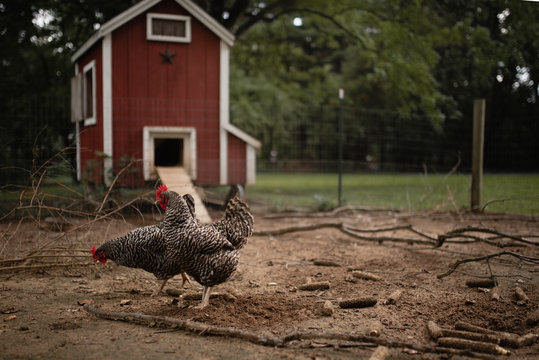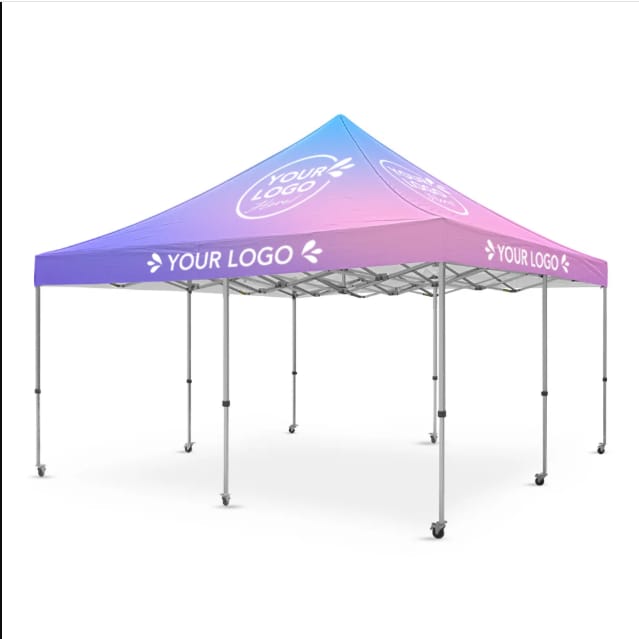
heater Effective Carbon
As the temperature drops, keeping your chickens warm and safe becomes a priority for every responsible backyard chicken keeper, as the cold weather can cause stress and illness and also impact the egg production in your chickens. It’s extremely important to maintain comfortable temperatures and create a friendly yet protective environment for them. Chicken coop heaters are one of the most effective ways to protect your bird in extreme temperatures. This guide will cover everything you need to know about hen coop heaters, their usage, safety tips, and how to choose the right one for your flocks.
Why Do Chickens Need Heat?
Little did we know that chickens are naturally resilient and can tolerate cold temperatures better than animals. Prolonged exposure to extremely cold temperatures can pose significant health risks. Some of the issues that chickens may face in cold weather include:
- Frostbites: Chickens comb, wattles and toes are susceptible to frostbite when exposed to freezing temperatures.
- Decreased Egg Production: Exposure to cold stress may significantly impact the egg production or can also result in no egg production.
- Illness: Cold, damp conditions may adversely impact chickens’ health and immune systems, making them more prone to respiratory infections.
Maintaining a warm, dry and well-ventilated environment can protect your chicken from these issues and keep them comfortable throughout winter.
Factors to Consider While Choosing a Chicken Coop Heater
Choosing the right heater for your Chicken Coop depends on several factors, which include
- Coop Size: The size of the coop will determine the type, size and strength of the heater you need. Larger coops may need larger heaters or a higher-wattage option, while smaller coops may require low-wattage heaters.
- Climate: The area you live in matters. If you live in an area with mild winters, then you may need only small heaters or heated perches for particularly cold nights. However, if you live in a region with harsh winters, a more robust heating solution may be required to maintain a consistent temperature.
- Safety: Fire safety is one of the most important safety features to consider when heating a chicken coop. You must avoid using heaters that emit open flames and always ensure that the heating devices are properly installed, secured and placed away from flammable materials like straw or bedding. When choosing a heater, one must look for one that has automatic shut-off features to prevent overheating.
- Energy Efficiency: When selecting energy-efficient heaters, consider the cost of energy that will be involved during the winter season. Low-energy heaters will not significantly increase your electricity bills while still providing adequate warmth for your chickens.
- Ventilation: While warmth is important, provisioning proper ventilation is equally important. Ensure there is a balanced strike between warmth and ventilation. While keeping your chickens warm in a coop is important, so is fresh air. You need to ensure that fresh air circulates in the coop to prevent moisture buildup, which can lead to respiratory issues. Choose a heater that will not dry out the air in the coop or cause condensation.
Safety Tips for Heating Your Chicken Coop
While it is important to heat your chicken coop, it is equally important to do the process safely. Here are some important tips to keep in mind:
- To prevent accidents, ensure the heater is installed securely and out of the reach of your chickens.
- To avoid fire or mishaps, keep the heater away from flammable materials such as straws, bedding and wooden coop walls.
- Choose heaters with built-in thermostats, automatic shut-off systems, or overheat protection to reduce the fire risk.
- Regularly inspect cords and connections to ensure there are no exposed wires or signs of wear.
- As chickens do not need excessive heat, maintain the coop temperature between (40-50 degrees F) and avoid overheating.
Pro Tip- To further prevent fire hazards, consider placing a heat-resistant mat or tile under the heater. This adds an extra layer of protection, especially in coops with flammable bedding or wooden floors.
Conclusion
It’s important to keep your chickens safe and warm during winter, and the process doesn’t necessarily need to be complicated. It can be done easily by choosing the right heater for your coop, monitoring the temperature, and following the safety guidelines. With these simple steps, you can ensure your flock stays comfortable and healthy all winter. Whether you opt for an infrared heater, a heated perch, or any other option, the key is to find a solution that fits your chicken’s needs and your climate. With the right preparation, your chicken will thrive in the coldest of weather.
Write and Win: Participate in Creative writing Contest & International Essay Contest and win fabulous prizes.


